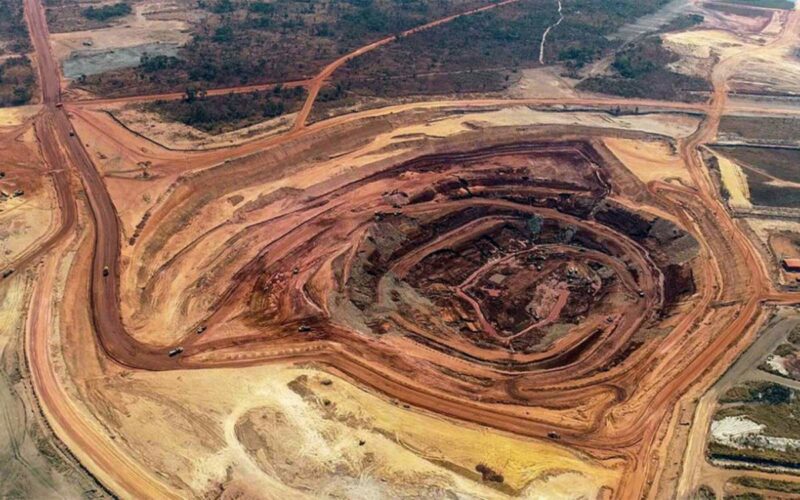Russian diamond giant Alrosa is set to sell its 41% stake in the Catoca diamond mine in Angola, a move driven by operational challenges and intensified by global sanctions.
Sanctions and Operational Challenges
Alrosa’s position as a key stakeholder in the Catoca mine has become problematic due to sanctions and the reluctance of Western companies to engage with entities connected to Russian businesses.
Russian Deputy Finance Minister Alexei Moiseyev detailed the issues and progress of the negotiations, “The Angolans believe that the presence of Alrosa as a key shareholder is preventing them from developing their business. In general, they have fair reasons for this. We are already seeing that many Western companies, both suppliers and buyers of stones, are beginning to say, ‘You have Alrosa as a shareholder, so we will not work with you’.” These developments reflect broader concerns about the implications of ongoing G7 sanctions against Russian entities.
Negotiation Dynamics and Market Response
The discussions about Alrosa’s exit are reportedly constructive, with potential buyers described as “friendly investors.” Moiseyev explained, “There is fundamentally a normal meaningful talk there, friendly investors appeared there, with which it can be done in a way, you know, without litigation and various incidents.” The cautious approach to these negotiations highlights the complexities of disentangling business interests under the shadow of international sanctions.
Broader Industry Implications
The divestiture of Alrosa’s stake in the Catoca mine underscores the growing influence of geopolitical tensions on the jewellery industry. G7 sanctions have not only targeted individual companies but also affected the broader Russian diamond industry, complicating international trade and market dynamics.






